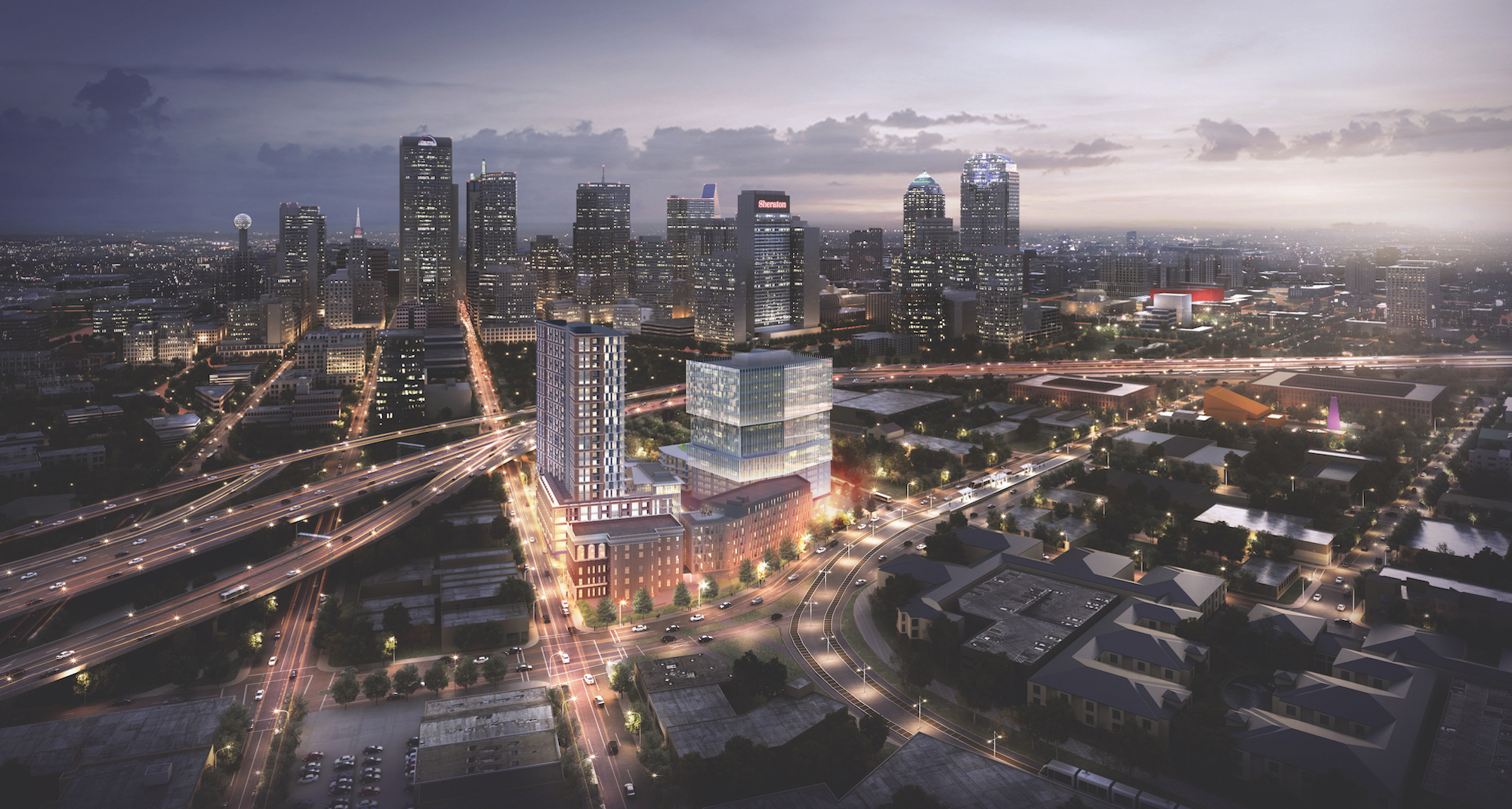Uber–the company that recently received a record $24 million in incentives to move some of its corporate offices into Deep Ellum–is a controversy magnet. Their business model has been ripped apart. They have been out-competed in valuable expansion markets. In some markets where they have expanded successfully, like London, local officials have sought to ban them over safety concerns. For a company that has reinvented how people move about their day-to-day lives, a company whose name has become a verb synonymous with the entire ride-share industry, it is strange that so much doubt shadows their future prospects.
But perhaps nothing facing Uber’s ability to compete is as damning as the new safety report that documents nearly 6,000 incidents of sexual assault between 2017 and 2018, including 464 rapes and 19 deaths in Uber rides. Forget about unsustainable business models, that is simply not acceptable.
In its report, the company attempts to contextualize the statistics, comparing them to national averages and citing the fact that 99.9 percent of Uber rides during the period studied went without incident. Tell that to the 464 people who were raped, or the thousands of other riders (and some drivers) who were subjected to “non-consensual kissing, non-consensual touching and attempted rape.”
These safety concerns are exactly what have dogged the company’s expansion into London, where authorities found that some 14,000 Uber trips were taken with drivers who had faked their identification to log into the app. They underscore what has always sounded like a fatal flaw in the company’s–and its many copy cats–business model: much of their competitive advantage against taxi services is based on undercutting labor laws and circumventing industry safety standards.
Uber, which plans to move 3,000 employees to Dallas in the coming years, says it will increase safety measures and create a partnership with RapidSOS, a company that will monitor a GPS-based emergency button built right into the Uber app that will alert local police of any incident. Uber also plans to “revamp” it’s “background check policy and conduct annual checks on drivers.” It will also do away with a policy that “previously forced individuals with sexual-assault complaints into arbitration and made them sign non-disclosure agreements.” But the fact that such a policy existed in the first place tells you a lot about the company’s corporate attitude and the way it views its role in ensuring the safety of its riders and drivers.
We have all adopted Uber, Lyft, and other ride-share companies into our lives in a way in which they seem irreplaceable. And yet, if we are going to continue to enjoy the convenience of their services, this latest report screams for the need for more oversight of the ride-share industry. The report and the company’s response to it also reflects a pattern in keeping with other tech companies under fire. Just as Facebook has tried to assure the American public that it can self-police its own behavior and monitor against data manipulation and election interference, Uber’s new report is an attempt to convince the public that company is the best agent for ensuring the safety of its own riders.
I’m not convinced, however, that a company that, until now, forced rape victims to sign non disclosure agreements can be trusted with any self-policing. I see it, rather, as more evidence of what tech pioneer Roger McNamee describes in a recent New Yorker as a monopolistic cynicism that has disrupted Silicon Valley’s operating ethos.
If we want safe ride-share services, ultimately more cities will have to step up like London did and hold Uber’s feet to fire. But that might not be so easy for Dallas, which now counts Uber as a corporate neighbor and an important Deep Ellum stakeholder. It’s a tough question for this city’s leadership: Now that Dallas has fastened its economic growth to Uber’s swelling corporate ranks in Deep Ellum, does the city have the guts to step in and ensure the safety of its residents by making Uber adopted real safety measures and transparent public oversight?





